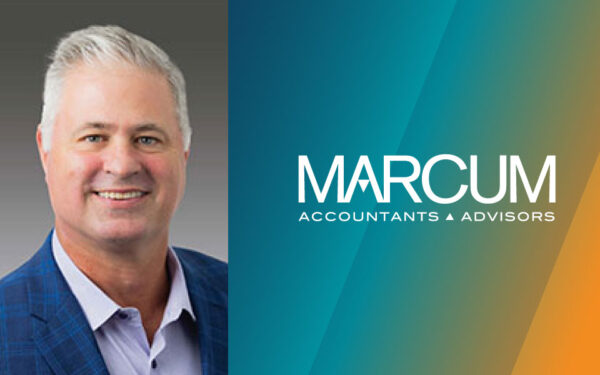Understanding the Tax Implications of Business Fixtures vs. Real Property in Ohio
By Roger Gingerich, Partner, Tax & Business Services

For contractors operating in Ohio, correctly identifying business fixtures for tax purposes can be confusing. Yet getting it right matters—a lot.
As background, a “business fixture” is an item of tangible personal property that has become permanently affixed to real property, but which primarily benefits the business conducted on the premises by the occupant, as defined in Ohio Revised Code 5701.03.
One of the key up-front challenges is determining whether or not an item is a business fixture or real property. In this regard, the sales tax treatment is the biggest issue.
Business fixtures can create confusion since normally, items that are permanently attached to real property are normally considered a construction contract. In this case, the contractor would be responsible for paying sales tax on the purchase of the materials and not charge sales tax on the installation. However, if an item is considered a business fixture, it is tangible personal property, so the entire charge for the material and labor required to install it is taxable. The contractor, therefore, would not pay tax on the purchase of the materials by claiming a resale exemption when installing a business fixture.
The Ohio Supreme Court in Funtime, Inc. v. Wilkins (105 Ohio St3d 74, 2004-Ohio-6890) determined that amusement park rides are business fixtures and not real property. During an audit, the Ohio Department of Taxation (ODT) taxed the installation of the rides as tangible personal property. Funtime argued that the rides were real property and the contractor was responsible to pay sales tax on the materials. The court ruled in favor of ODT. Due to this decision and the current statute, Ohio is aggressive in its interpretation of business fixtures.
There are numerous examples of business fixtures in the following industries:
- Golf courses – drainage and irrigation systems are considered business fixtures and retain their status as tangible property after being affixed to real property and are therefore taxable. However, cart paths, bridges and catch basins are considered real property, and a contract to install these items is considered to be a construction contract.
- Manufacturing – foundations for manufacturing equipment, fencing around manufacturing equipment for the protection of workers, and air conditioning systems that maintain specific environmental conditions in a limited area of the plant for manufacturing to occur are all examples of business fixtures. The entire charge would be taxable to the manufacturer, unless a specific exemption exists.
- Construction contracting – items temporarily affixed during construction, even if they remain after construction is completed, retain their status as tangible property and are taxable. Examples of such business fixtures include temporary electricity, fencing, shoring lumber and concrete forms.
Business fixtures are a highly contested issue in audit situations and as the headline of this blog states, it can be confusing. If you have questions about your classification of business fixtures versus real property, or any other construction tax issues, please contact Roger Gingerich, Partner, Tax & Business Services


















